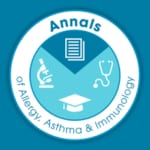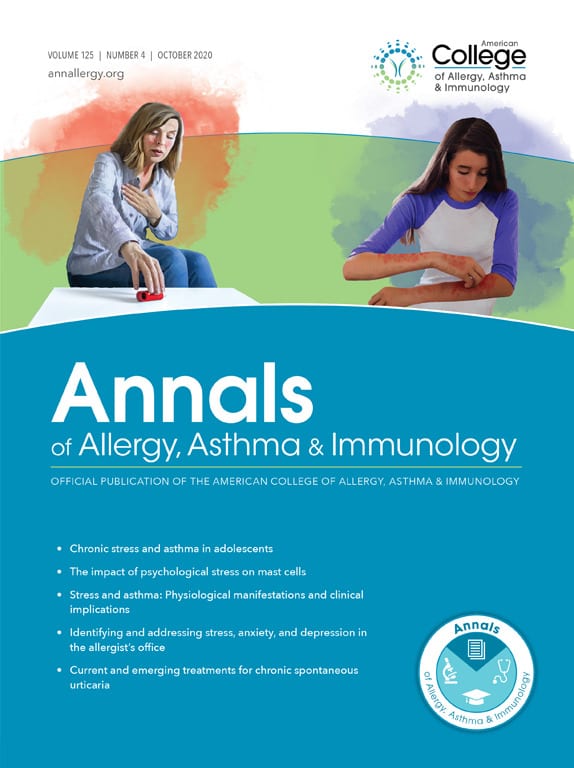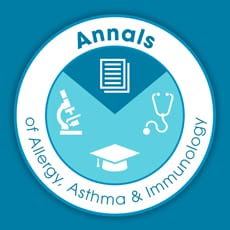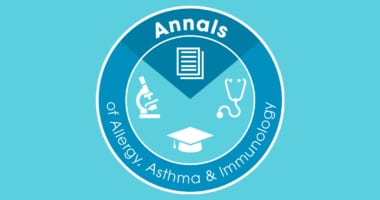I hope your October has been safe yet busy so far. As our communities continue to reopen, there are increased stressors that may adversely affect us. Excessive psychological stress can affect people of all ages. Jeremy Landro-Guiterrez, MD, MPH, and Juan C. Celedón, MD, DrPH, discuss the special circumstances of chronic stress in adolescents with allergy and asthma. Even with the limited body of literature for this age population, they reveal the adverse relationships between excessive stress and asthma (both incidence and activity) in teens. They likewise call on clinicians to make a routine assessment of stressors part of our care of these patients.
Maria Luz Lara-Marquez, MD, PhD, and Keith W. Kelley, PhD, extend the discussion on stress and disease in allergic skin diseases by revealing that the association in worsening pathophysiology is actually a two-way stress—that is, the inflammatory cascades that come from atopic dermatitis can affect how a host responds to stressors and the resulting stress response can adversely alter the inflammatory milieu. This enigma is likely common in most (if not all) clinical inflammatory disease populations.

Finally, Matthew T. Tull, PhD, and Kelly S. Clemens, MA, describe the tools that can be used in the offices of allergist-immunologists to objectively quantitate the levels of perceived stress, anxiety, and depression. This assessment can facilitate needed referrals for psychological and/or psychiatric treatment. Additional mention is made of pragmatic interventions that can readily be done in our offices with minimal training, which allow patient engagement for effective stress management.
William S. Silvers, MD, FACAAI, FACP, and Maeve O’Connor, MD, FACAAI, FACP, bring the discussion full circle by reminding us that a “compleat” physician is one who addresses the whole patient, not just the nose, lung, or skin.
The issue of the Annals of Allergy, Asthma and Immunology for this month should provide readers with usable information to ponder on relationships among excessive chronic stress (extremely prevalent in our current society), anxiety, and/or depression, which can adversely affect disease control in our patients. We must educate ourselves and our patients and their families about the potentially harmful consequences of the current levels of stress with which we live and develop meaningful methods to mitigate its adverse effects.
Don’t forget – the College’s Annual Meeting will be next month on a virtual platform. One of the sessions will be from the Annals editors discussing our top five picks of articles from 2020. Hopefully many of you can join us for that session. I look forward to seeing many of you online in the near future.
Gailen D. Marshall, Jr., MD PhD FACAAI
Editor-in-chief



